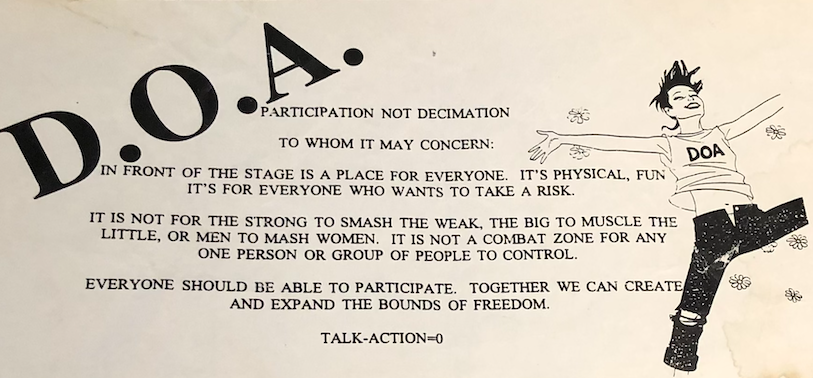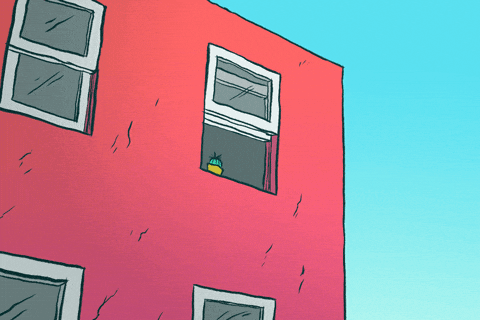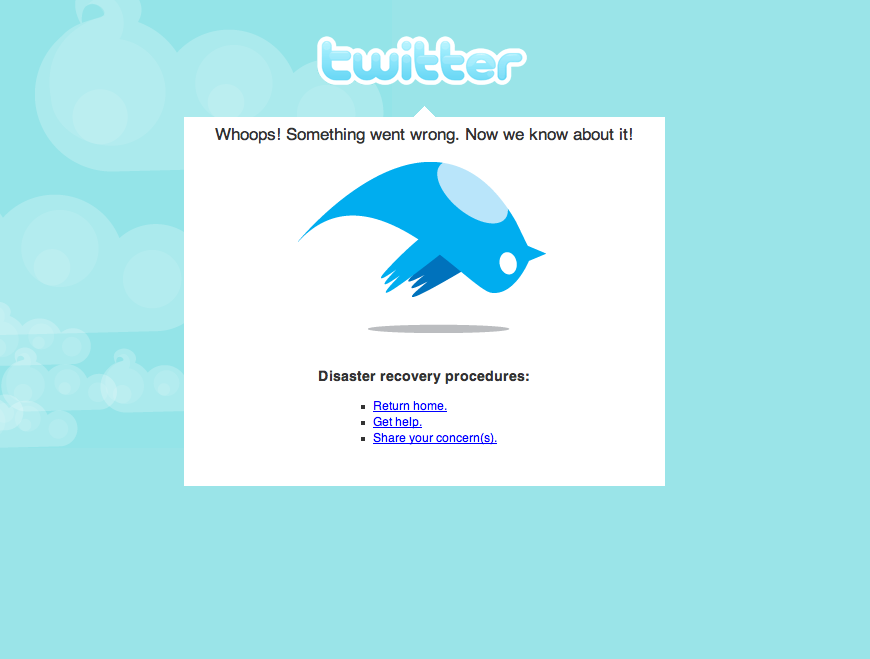Escaping the Mind Virus
Last night, something hit me while I was out with Peggy. As she sniffed around the yard, taking her sweet ass time to do her business. I habitually pulled out my phone and thought about putting on a podcast to "catch up on the news." I justified it, of course, because I need to stay informed, I told myself. But the thought lingered: why did I really feel that pull?
The Illusion of Staying Informed
We like to believe we're savvy about media—that we can see through the noise, the spin, the clickbait. I've made a career out of studying communication, and yet I still get caught in the loop: the urge to know what's happening right now, to refresh the feed and hear what's next, to receive that rush of dopamine I so desperately lack. It's the same psychological trick that reality television perfected years ago and contributed to the success of our current divider-and-chief.
The endless reality TV show always led to the trainwreck cliffhanger: What happens next? Tune in tomorrow. When I step back, I realize that's exactly how the 24-hour news cycle has wired our brains. It's not just information—it's programming. And I'm not immune. None of us are.
The Reality Show of Real Life
We've been conditioned to consume the world like a never-ending episode. News, politics, social media—they're all crafted to keep us watching, reacting, sharing, and engaging. The characters change, but the drama stays the same. Each day's "story of the day" gives us something new to be angry, anxious, or worried about.
Fox News has mastered this formula, but they're not alone. The other networks do it too by pandering to their base - Fox is just exceptionally good (and evil) at it. Everyone's competing for attention, and outrage is the easiest currency to spend.
Cutting the Feed
In 2020, when the world felt like it was caving in, I decided to take a 30-day break from news and social media. The effect was immediate. My anxiety dropped. My sleep improved. I realized how little most headlines actually affected my day-to-day life.
It's not that awareness doesn't matter—it does. But there's a limit. If you're not taking action on the information you're consuming, it's just noise. There's a fine line between being informed and being infected.
Action comes down to a FEW OPTIONS…
Talk MINUS Action EQUALS ZERO: Talk-Action=0
Talk-Action=0
Find a non-profit in your community and volunteer.
Financially support a politician and/or cause that aligns with your beliefs.
Call your elected officials to share your concerns.
Register to vote and participate in all elections, big and small.
Boycott companies that contradict your beliefs.
Peacefully protest, find the others, and meet in person.
The original "Mind Virus" left no one winning, especially Charlie Sheen
Speaking of train wrecks, I watched the Charlie Sheen documentary on Netflix and was reminded of how annoying his antics were on the internet back in 2011, when social media was still in its infancy and social networking occurred with actual humans.
In case you're wondering, current data indicates that roughly half of all social media profiles may be bots or "bot-like," including automated bots, AI-driven accounts, and coordinated human-run fake accounts.
Back in 2011, you couldn't escape Charlie Sheen's meltdown because it dominated the web, with memes, hashtags, and clips all feeding on the spectacle. I was so sick of seeing it that I was delighted to discover and use Greg Leuch’s clever Tinted Sheen browser extension, which solved the problem. The extension was created to block Sheen’s name from search and social media results. I wanted to reclaim my own attention, to clean up the digital clutter for the sake of my own sanity.
Looking back, that was before "mute" buttons, before blocking keywords on Twitter (or X), before social platforms were driven by algorithmic addiction. Even then, I sensed how toxic constant exposure could be, and today, things online are way worse.
Now, the virus has evolved. It's no longer one celebrity or scandal—it's everything: politics, outrage, misinformation, and disinformation. The feed has become a living organism, feeding on our attention.
How to Reclaim Our Minds & Stop the Mind Virus
We've passed the point where browser extensions can save us. You can't block enough keywords to restore your peace. The only real solution is to unplug—step outside, meet people, talk face-to-face.
The antidote isn't another app or productivity hack. Its presence. It's laughter with friends. It's silence and mindfulness. It's the reminder that most of what we scroll through is engineered distraction, not enlightenment.
If we want peace of mind, we must reclaim the pieces we've given away. While you may have heard that time is our most precious commodity, that's not entirely accurate - it's our attention. What good is time if we are wasting it paying attention to garbage?
Each headline, each argument, each dopamine hit—it all fragments us. Reassembling that peace starts with acknowledging the infection: the mind virus that keeps us endlessly tuned in, scrolling, clicking, feeling enraged, lacking trust in our neighbors, and emotionally drained.
It's time to log off, look up, and reconnect with the humans in your life, because it may shock you to discover that we aren't that different; it's just the powers that be who want us to believe it so they can get rich by dividing us, and that’s not winning after all.






